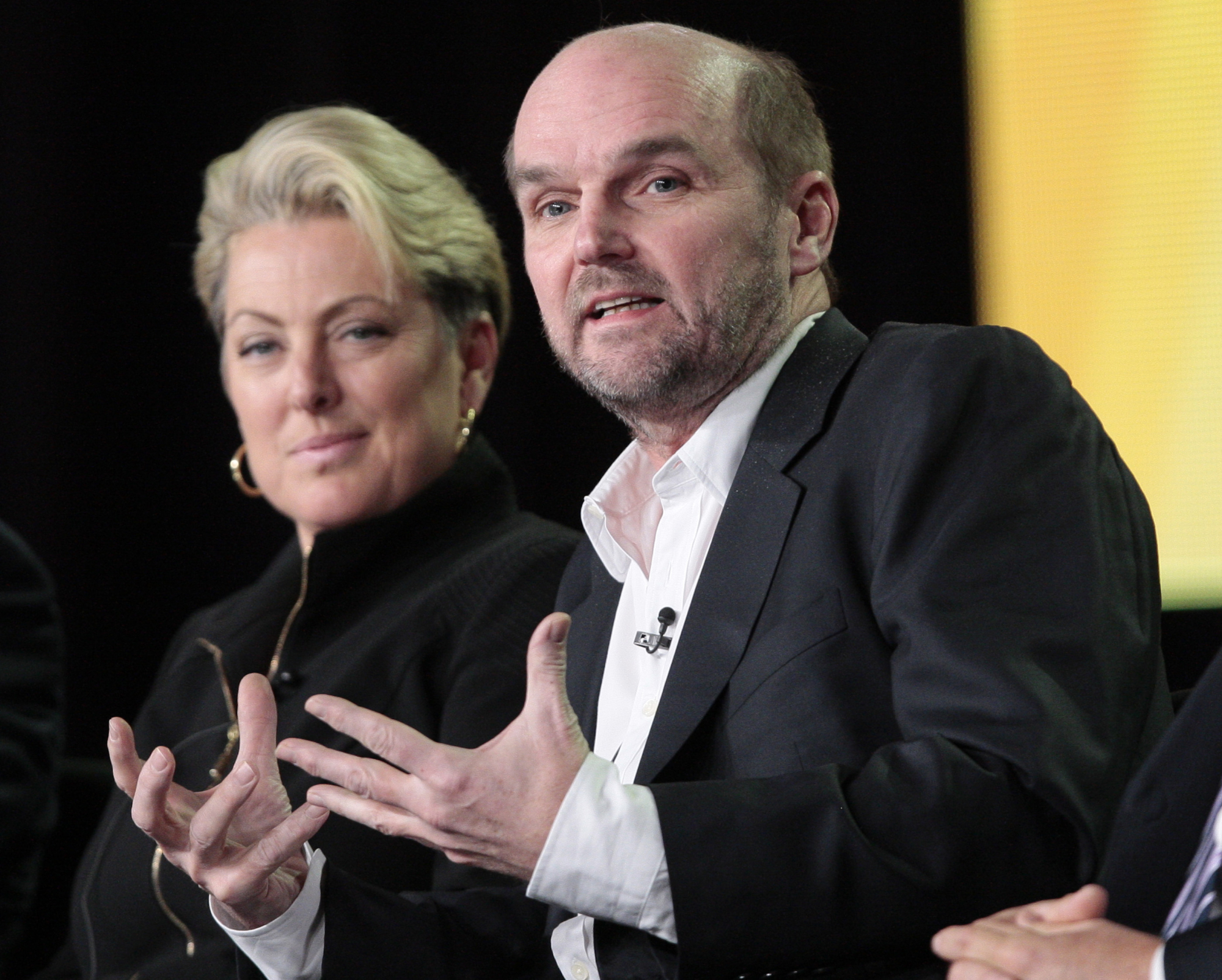The government proposal to limit overtime for salaried workers is supposed to reduce the incidence of karōshi (death from overwork), which often takes the form of suicide, and yet the authorities seems squeamish about making demands on employers.
In Japan, the good of the company would seem to supersede the well-being of individual employees, but excessive overtime is also a problem in the U.S., where personal agency is valued. The romance of the "hardly working" mentality is the theme of countless Hollywood movies and American standup comedy routines, but Japan has its own pop culture version of the trope, exemplified by the 1960s feature film series starring Hitoshi Ueki as "Japan's most irresponsible man," a white-collar factotum whose being was focused on doing as little work as possible. In the United States, this attitude has a sentimental, almost political connotation, while in Japan it's only played for laughs, but in either workplace culture it's a fantasy. Most people want to keep their jobs.
So it's interesting to see how NHK has adopted the popular, long-running reality show, "Undercover Boss," which originated in the U.K. and has become a hit in its American incarnation. The premise is irresistible: An executive of a company pretends to be a trainee and works alongside the rank and file, doing what they do, while a video crew records it all, ostensibly for some kind of news documentary. Ideally, these bosses learn to empathize with their charges and then make changes that benefit specific employees but also the company as a whole.



